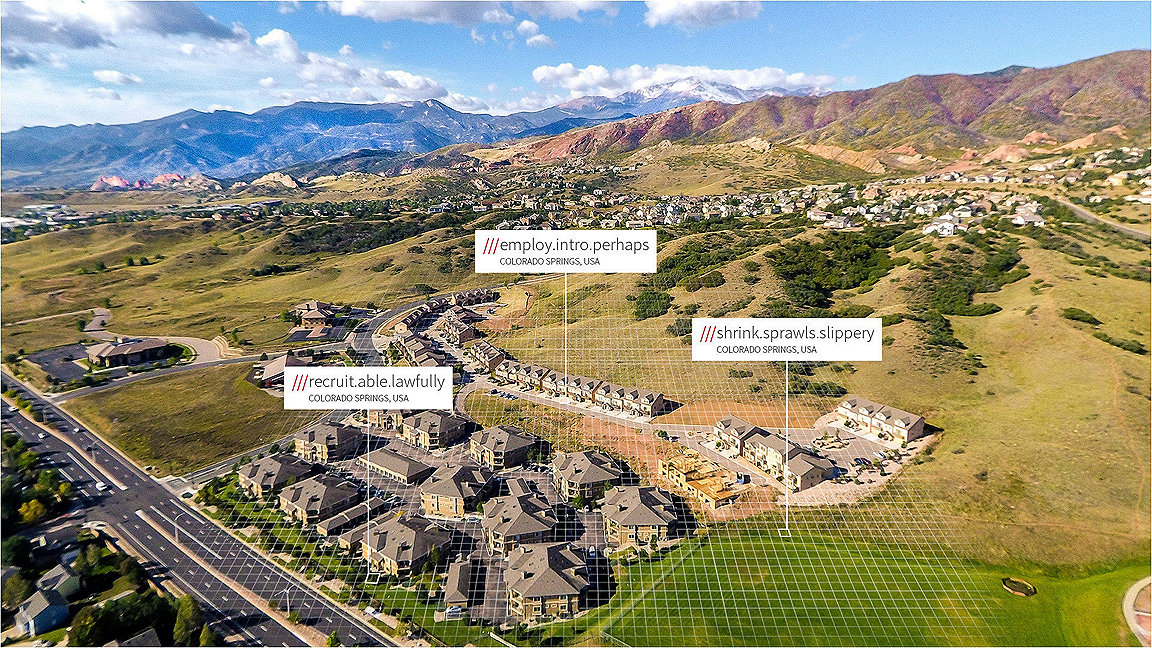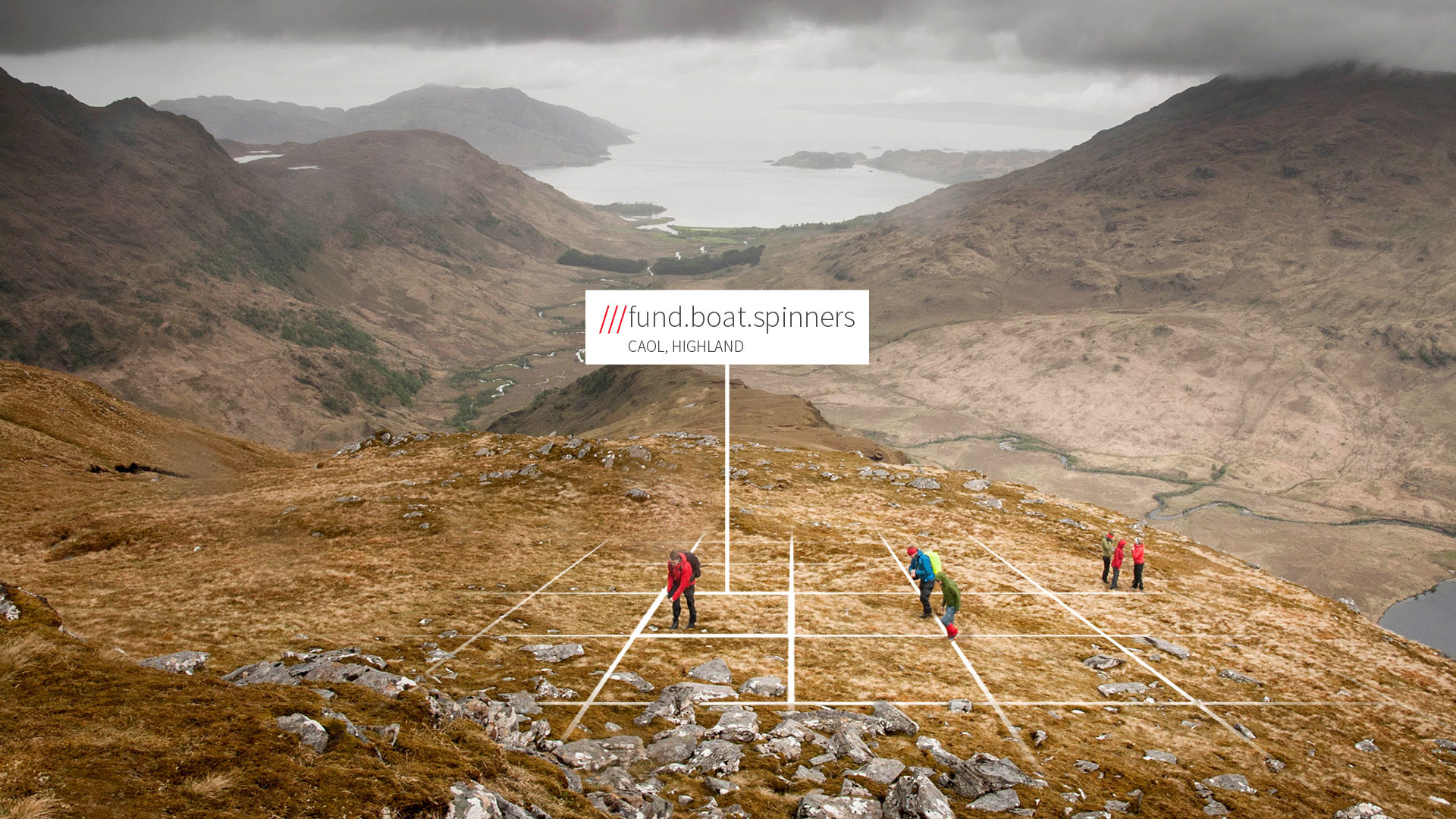
Q: Can you describe what3words?
Jack Waley-Cohen: It’s a friendly way of communicating location precisely. We divide the world into 3 by 3 metre squares and assign a 3-word address. There are 57 trillion of those squares in land and sea.
Q: How can I find my what3words address?
JWC: In the what3words app, or on the website, put your address into the search bar. Zoom in and drag the map to find the exact location you want – and switch to satellite mode if that helps you find the right location. Tap to select a square. You will see the 3-word address at the top of the screen.
Q: What are the advantages of the system?
JWC: It can complement addressing systems. For example, in the UK, we have one of the best addressing systems in the world so you can largely find where you need with postcodes, but often you can't find the exact door or entrance.
In some places addressing doesn't exist at all. Locals who know the area may use descriptions such as ‘by the old McDonalds where the Mercedes garage used to be.’ And that’s okay for some purposes, but not very good when you need precision. Most cities have reasonably accurate addressing, but outside cities, it’s much less exact. A human-friendly way to communicate something that might not typically be classified as an address, for example a place on a riverbank or a sleeper on a railway line that needs to be fixed, is useful.
The conceptual benefit of what3words is that we’ve proved that people who would never use latitude or longitude do use 3-word addresses. But interestingly, people who are comfortable using latitude, longitude coordinates also like using 3-word addresses, because it is just fundamentally easier to work with. And then there's a very particular technical benefit.
Most location systems have a very predictable and useful hierarchy – if you change 1 digit you might move a little bit to the east or west or a little bit north or south. what3words deliberately isn't built like that, so that if you take a 3-word address, for example, ///index.home.raft, and then type or speak a similar combination such as ///index.home.draft into a device the system will identify that this is just not correct. Or it will render a result that is a correct 3-word address but because it's built non hierarchically the address will be so far removed from where you're expecting to be that it will be obvious you have made an error and in either case the system can suggest what you probably meant.
There's a really wide range of use cases for what3words, anything that involves getting somebody or something from A to B, or saying where somebody or something is. Mercedes worldwide and Triumph motorcycles have built what3words into their system so you can tell the onboard navigation system either by voice or by typing where you want to go. This avoids the potentially ambiguous Lansdowne Road, of which there are a lot, or Juárez Street, of which there are more than 600 in Mexico City.

There's also the good use case for taxis and mobility. Using Careem, the Uber-owned company in the Middle East, you can specify your pickup location, but more usefully your drop-off location with a 3-word address. Emergency services use it – as you can see in the videos on this page – because it's easy for people in stressful situations just to say 3 words either instead of or to complement and provide additional confirmation for other location information. It’s also useful for accessibility – if a venue has 30 entrances, only 2 of which are wheelchair accessible, it's handy to tell customers exactly where to go, which is otherwise difficult because Wembley Stadium, for instance, only has 1 postcode that drops a pin in the middle of the building, which is not that useful.
Addressing systems
Addressing has a long and sometimes fraught history in the UK but recent initiatives have helped create a more definitive framework for all users. This Geoplace video gives an excellent insight into the current status of UK addressing.
Related competencies include: Big data, GIS (geographical information systems), Smart cities and intelligent buildings
For more information visit what3words.com
